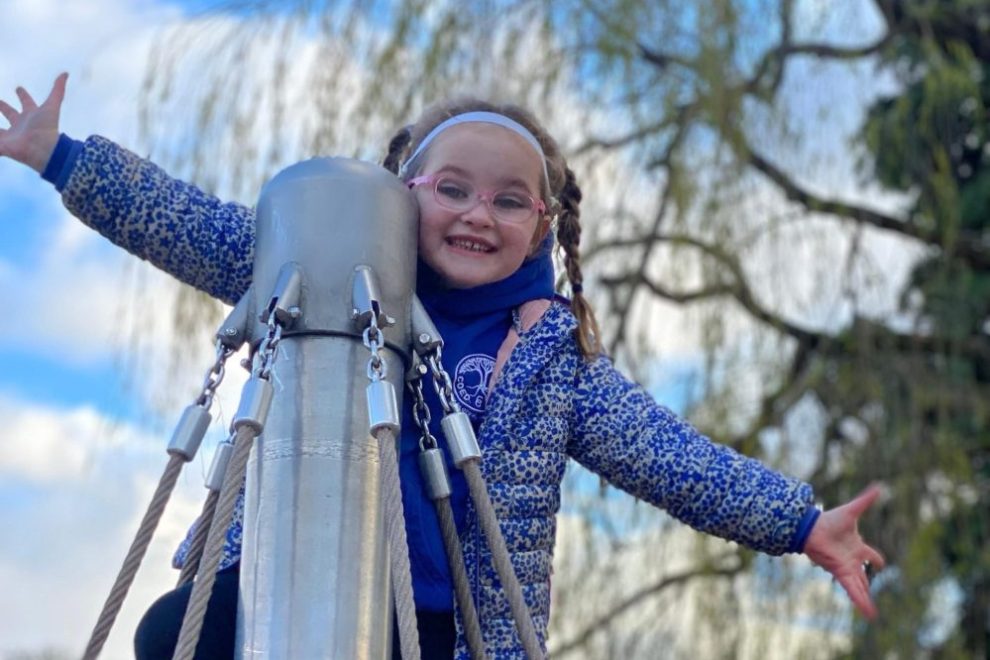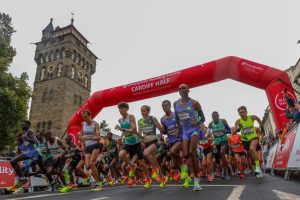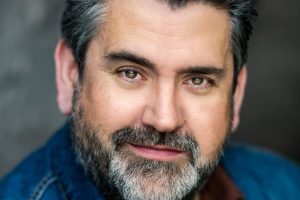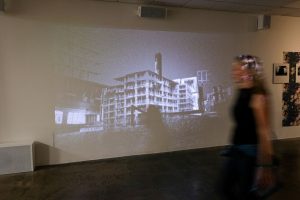NEW RESEARCH published this Deaf Awareness Week by charity Auditory Verbal UK shows only a third of adults in Wales believe it is possible for a child born profoundly deaf today to learn to speak as a child without hearing loss.
But Grace Murphy (6), from Cardiff, who was diagnosed as deaf as a baby is challenging these expectations and proving that with early and effective support the possibilities are endless for deaf babies and children and they can learn to talk.
Grace is being supported to listen and speak by charity Auditory Verbal UK (AVUK) and is now in her second year at school and making great progress. This week her Mum Rhian is calling for greater understanding about what is possible and challenging common misconceptions that persist about deafness. The family have also been inspired by fellow cochlear implant user Tasha Ghouri who responded to a question from Grace on BBC TV’s The One Show.
A YouGov* survey commissioned by AVUK, has revealed that only one in three (30%) adults in Wales believe it is possible for a child born profoundly deaf to speak as well as a hearing child.
Deaf children and their families are joining AVUK calling for a greater awareness and understanding of what deaf children can achieve with early and effective support to develop language and communication in the vital early years.
Families like Grace and her Mum Rhian who said: “Deaf children should never be written off by their disability. The team at AVUK have been and continue to be a huge support to Grace and us as a family. Grace is doing really well at school and her speech is really coming along, she is so much more expressive and confident.
“It is so disappointing to see that attitudes about what deaf children can achieve are so low. We are so proud of Grace and she was absolutely thrilled to see herself on television and of course Tasha answer her question.
“I hope that during Deaf Awareness Week people understand what is possible for deaf children and change their preconceptions with the help of role models like Tasha.”
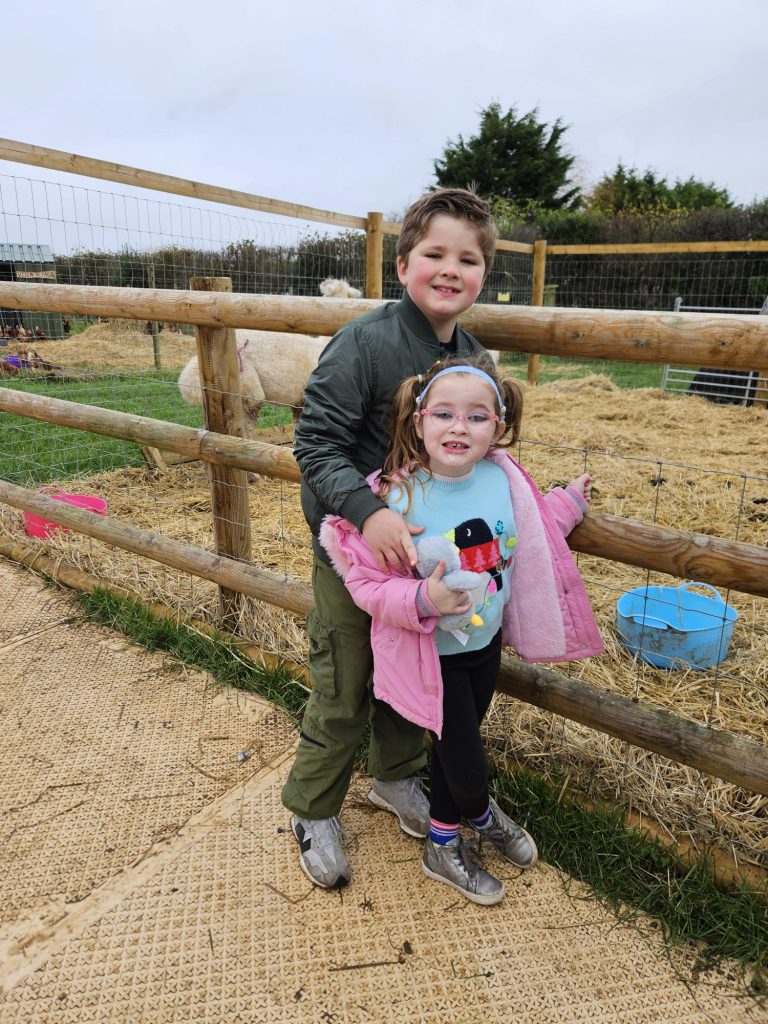
Auditory Verbal therapy helps deaf children process sound they receive from hearing technology, like hearing aids and cochlear implants, and supports them to develop their spoken language.
But this support needs to be offered early in a child’s life, while their brain’s neural pathways are developing, to ensure they have the very best opportunities to achieve their potential.
Charity AVUK works with the families of deaf children who want their child to learn to listen and talk and four out of five children who attend the family-centred Auditory Verbal therapy programme achieve spoken language skills on a par with hearing children and the majority attend mainstream school.
AVUK Chief Executive Anita Grover said: “Deaf children and their potential is constantly underestimated and this new research for Deaf Awareness Week continues to show this lack of belief and understanding in what is possible with early, effective support.
“There are approximately 7,200 deaf children under the age of five in the UK who currently face the prospect of lower academic achievement, lower employment, and are at higher risk of poor mental health, bullying and social exclusion.
“But it doesn’t have to be this way. As young people like Grace are proving when children and families have access to effective, early support, deaf children can get an equal start at school and opportunities are transformed.
“This is critically important whether a child uses sign language, spoken language or both. There is not one approach that works for all families of deaf children.”
AVUK wants all families who want their child to learn to listen and talk to have the opportunity to access Auditory Verbal therapy through publicly funded services. The charity’s #HearUsNow campaign is calling on UK governments to invest in early and effective support for deaf children in the UK is backed by the general public: The YouGov survey showed 87% of adults in Wales believe Auditory Verbal therapy should be available to all deaf children via publicly funded services like the NHS.
For more information visit the Auditory Verbal UK website.



